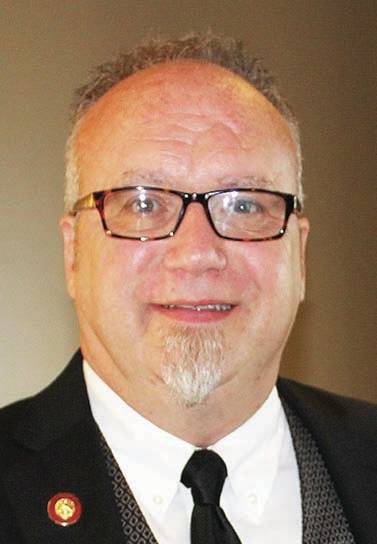Election reform continues
Published 12:01 pm Friday, January 27, 2023
|
Getting your Trinity Audio player ready...
|
By Michael Adams
Kentucky Secretary of State
Voters will head to the polls in less than 4 months to vote in the 2023 primary election for governor, secretary of state, and other constitutional offices. As my team has prepared, we have looked to lessons learned from the November 2022 elections.
First and foremost, the midterms showed that early voting works. At my urging, in 2021 the General Assembly acted in bipartisan fashion to enact it, and over a quarter million Kentuckians took advantage of it in the general election. The turnout correlated with the partisan affiliation of our voters – Republicans with a little less than 50%, then Democrats close behind, followed by Independents. Early voting doesn’t favor a side; it just helps voters. It doesn’t just help voters who vote early. It also helps the voters who don’t. While some counties saw long lines on election day, they would have been even longer if voters had not already had three days to vote.
The solution to long lines on election day is not to add more voting days: More than four times as many voters voted on Tuesday, November 8th, as voted in the 3 early voting days combined. In order to reduce lines, we need more voting locations, not more voting days.
There are a few ways to accomplish this. One would be to do what was done in 2020, via emergency powers granted by the Legislature: granting counties the flexibility to consolidate voting locations, but only with approval of the governor and secretary of state. It’s important that someone who is accountable to voters be able to review and approve a local election plan that reduces voting locations.
An alternative approach to fixing this problem would be to develop a statutory formula to set a floor for how many voting locations a county needs. Finally, election funding allocated to counties should be aligned not with how many precincts they have on paper, but how many polls they actually open.
Another way to improve the voter experience is by closing the loophole that allows electioneering at the polls during early voting. Current law only prohibits electioneering at the polls on the six days of excused in-person absentee voting, and on election day, but not on the three days of no-excuse early voting.
We can improve the recount process by closing a loophole that allows candidates to request recounts even when they lose by a landslide. In 2021, lawmakers worked in a bipartisan fashion to only allow recanvasses if the requesting candidate lost by one percent. The same threshold should apply to recounts, which are far more taxing on our election officials. We have a separate law that permits an election challenge upon an allegation of fraud, corruption, or even an administrative error, and any person with evidence will not lost the right to contest an election; but, the frivolous lawsuits by people who lack evidence of fraud, corruption, or administrative error, and lose by a wide margin, must be stopped – this harassment is contributing to attrition among county clerks, and we need experienced professionals in these offices.
Although none of these changes is major, they are all important to ensuring our next election runs as smoothly as possible.






